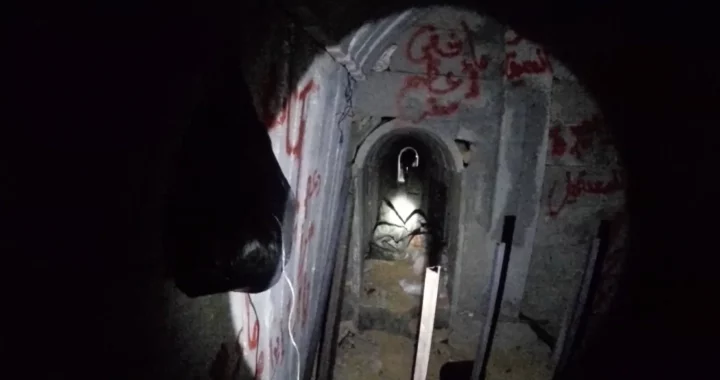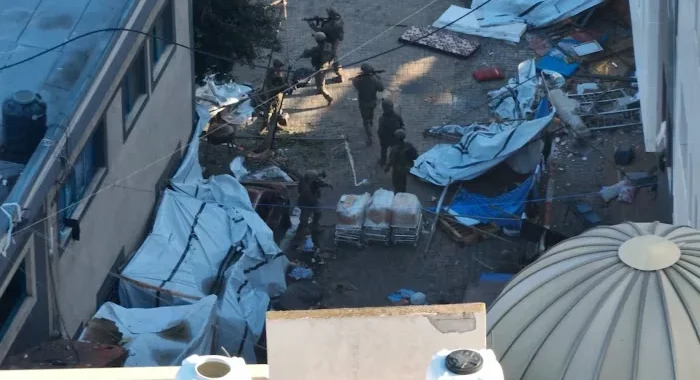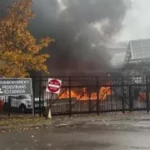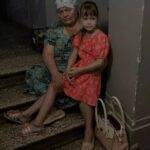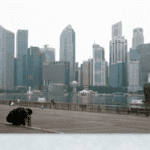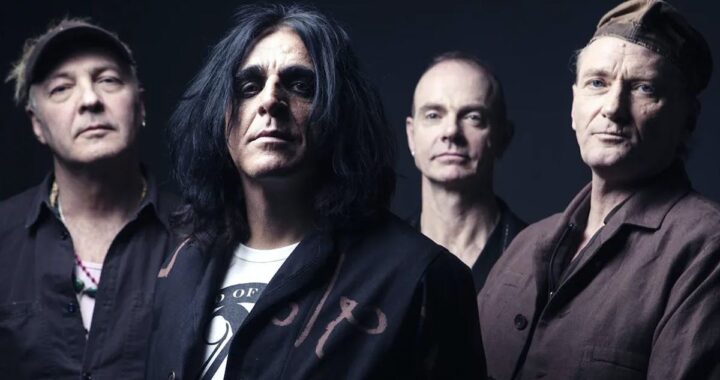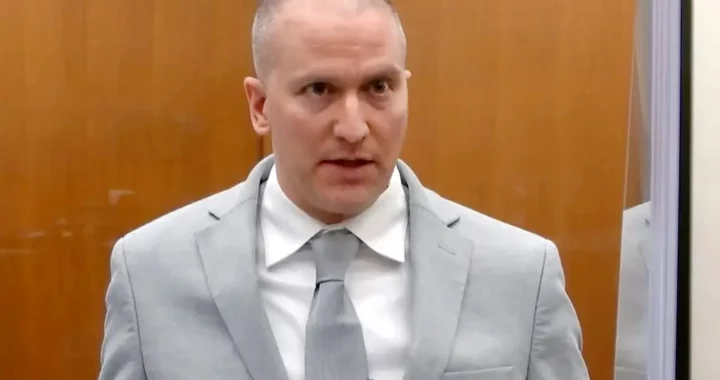Bangladesh opposition confronts pre-election crackdown with overcrowded prisons and false charges.
Sheikh Hasina and the Awami League aim for a fourth term, facing accusations of harassment against the rival BNP party.

Bangladesh’s Dire Path: The Erosion of Democracy and the Repression of Opposition
In the tumultuous political landscape of Bangladesh, a sinister shadow looms over the democratic process as the government, led by Prime Minister Sheikh Hasina and her Awami League party, intensifies a ruthless crackdown on the main opposition, Bangladesh Nationalist Party (BNP). With the upcoming parliamentary elections in January, concerns escalate about the erosion of democratic values, as arrests, false charges, and intimidation tactics reach unprecedented levels. This article delves into the disturbing developments, shedding light on the alarming situation that threatens the very essence of free and fair elections.
The Unrelenting Crackdown:
In recent weeks, Bangladesh has witnessed an alarming surge in arrests, with nearly 10,000 opposition leaders, supporters, and activists apprehended in the aftermath of protests against the ruling government. The prisons, already bursting at the seams, struggle to contain the swelling numbers, exemplified by Rajshahi central jail, designed for 4,000 prisoners, now accommodating over 13,600.
As the nation braces for January’s elections, skeptics doubt the possibility of a free and fair democratic process, given the ruthless crackdown on the BNP. The opposition party, asserting that participation is futile as long as Hasina remains in power, faces unprecedented challenges.
The Spark: Dhaka Rally and Subsequent Repression:
The crackdown escalated following a BNP rally in Dhaka on October 28, demanding Prime Minister Hasina’s resignation. In the days leading up to the rally, hundreds of BNP leaders were detained. On the day of the protest, violence erupted as Awami League activists, accompanied by the police, attacked the rally with weapons, resulting in casualties, including a BNP activist, a police officer, and a journalist.
Professor Ali Riaz of Illinois State University suggests that the authorities orchestrated the violence as a premeditated means to suppress the BNP. The response, marked by the blocking of internet services, further indicates a calculated effort to hinder communication and prevent live transmission of police actions.
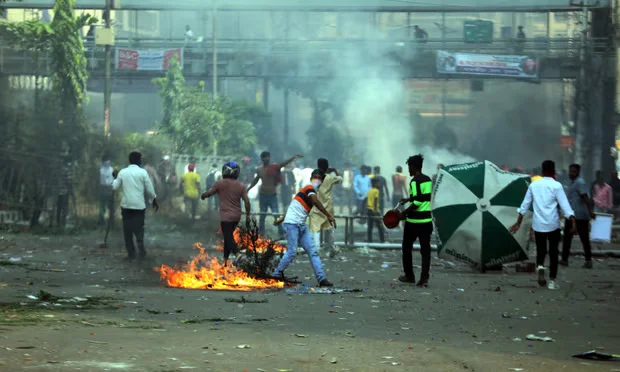
The Aftermath: A Relentless Witch-Hunt:
In the aftermath of the Dhaka rally, the BNP leaders and members report an unyielding witch-hunt aimed at stifling their ability to campaign against Hasina’s government. Mirza Fakhrul Islam Alamgir, one of the BNP’s senior leaders, expressed his apprehensions of being detained on false charges just hours before his arrest on October 29. The sheer volume of arrests reflects an extreme crackdown on dissent, creating an atmosphere of fear and intimidation.
An Endless Cycle of Arrest and Release:
Several BNP leaders find themselves caught in a Kafkaesque cycle of arrest and release. Habibun Nabi Khan Sohel, the BNP’s joint secretary general, now faces more than 450 cases and, like many others, is forced to go underground to escape relentless politically motivated charges. The opposition, including mid-level leaders like Azizur Rahman Muchabbir, experiences a disturbing cycle of arrest and release, seemingly orchestrated to keep them away from political activities.
Democratic Erosion Under Hasina’s Rule:
While Hasina’s tenure since 2008 is credited with an economic revival in Bangladesh, her four terms have also witnessed democratic backsliding and authoritarian measures against dissent. The BNP claims that, since 2009, over 138,000 cases have been filed against more than 5 million leaders, activists, and supporters, indicating a systematic suppression of the opposition.
International Concerns and Pressure:
The international community has not turned a blind eye to the deteriorating democratic situation in Bangladesh. The British high commissioner urged the BNP to eschew violence and called for free, fair, and participatory elections. The U.S. government imposed visa restrictions on unnamed officials for undermining the election process, and the U.S. ambassador urged Hasina to engage in dialogue with the BNP. However, Hasina accused the U.S. administration of hypocrisy.
Weaponizing Judiciary and Police:
Analysts argue that Hasina’s government has successfully brought the judiciary and police under its control, weaponizing them in the fight against the opposition. A disturbing video clip captured police officers patrolling with armed Awami activists chanting ominous threats against BNP members. The government denies any connection between the mass arrests and the upcoming elections, claiming the cases are unrelated to politics.
Potential Repercussions and Opposition Momentum:
Contrary to Hasina’s expectations, the oppressive measures may be fueling momentum behind the BNP. Mubashar Hasan, a political analyst, suggests that the government’s heavy-handed crackdown is a calculated move to deter the BNP’s growing momentum from evolving into a mass movement against the administration. The opposition’s ability to connect with the common people, including laborers and poorer workers, is indicative of the government’s waning support amid economic challenges.
Conclusion:
As Bangladesh hurtles towards January’s elections, the ominous crackdown on the opposition raises serious concerns about the health of its democratic institutions. The erosion of democratic values, evidenced by the relentless arrests, false charges, and intimidation tactics, paints a grim picture for the future. The international community’s pressure on Hasina to ensure free and fair elections remains a beacon of hope, but the road ahead appears fraught with challenges as Bangladesh navigates a precarious path between democracy and authoritarianism.
By: M Z Hossain, Editor Sky Buzz Feed

